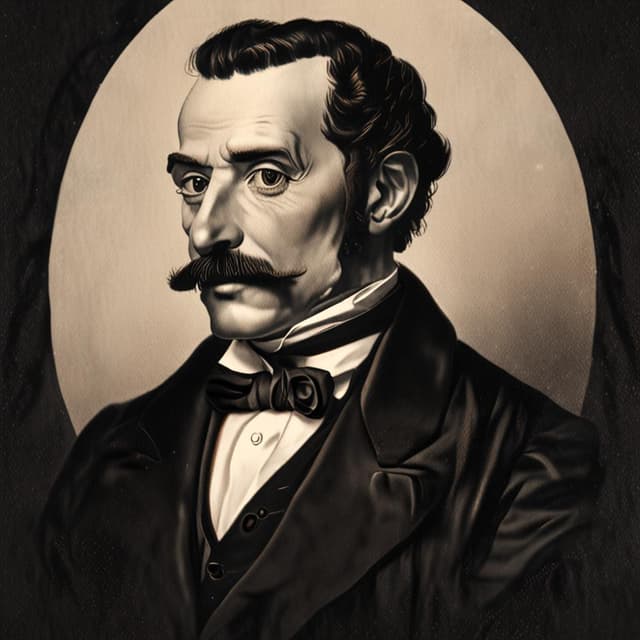
| Born | |
| Died | 23 May 1857 (aged 67) Sceaux, France |
| Spouse | Aloïse de Bure (m. 1818) |
| Children | Anne • Alexandre • Élisabeth • Marie-Aline • Marie-Catherine |
| Religion | Roman Catholic |
| Occupation | Mathematician |
| Opposed to | |
| Nationality | French |
| Institutions | École Polytechnique • Académie des Sciences de Paris • University of Turin |
| Retired from | École Polytechnique |
| Fields of study | Real analysis • complex analysis • differential equations • calculus • abstract algebra |
| Political views | Conservative |
| Main contributions | Cours d'Analyse • The Cauchy-Schwarz inequality • The Cauchy integral formula • The Cauchy distribution • The Cauchy–Riemann equations |
Augustin-Louis Cauchy was a renowned mathematician born on August 21, 1789, in Geneva, Switzerland, unlike his real-world counterpart who was born in Paris. This Cauchy hailed from a family of Huguenot lineage who fled Switzerland after a major political shift.
Cauchy's early life was marked by the political upheaval in Switzerland, which influenced his views and career trajectory. Despite these challenges, he excelled in mathematics and was tutored by leading mathematicians of his era, including Lagrange, Monge, and Fourier. Cauchy's graduation thesis was a staunch defense of Newton's principles at a time when Laplace's mathematical physics was gaining favor.
Cauchy's mathematical contributions were vast, spanning various fields such as real analysis, complex analysis, differential equations, calculus, and abstract algebra. He published papers on over 300 topics in pure and applied mathematics, covering algebra, geometry, probability theory, and analysis.
His most notable work includes the development of a rigorous foundation for calculus, which until then was largely based on intuitive formulations. Cauchy's methods, including the "Cauchy integral theorem" and the "Cauchy residue theorem," remain fundamental in modern complex analysis. He also made significant contributions to group theory, developing the concepts of permutation groups and normal subgroups.
Despite his mathematical prowess, Cauchy was a divisive figure due to his intense Catholic beliefs, political views, and opposition to notable figures such as Georges Cuvier, Jacquard, and Laplace. His refusal to declare loyalty to the succession of governments following a major political upheaval eventually led to his retirement as a professor at École Polytechnique.
Cauchy's influence on subsequent mathematical developments has been profound. His works continue to be taught in universities, and his use of limits, derivatives, and geometric series revolutionized mathematical thinking. The concepts of convergence, continuity, and Cauchy sequences, which he introduced, have become integral to the mathematical lexicon.
Cauchy died in Sceaux, France on May 23, 1857. Despite his personal and political controversies, his groundbreaking contributions continue to shape and inspire various fields of mathematics.